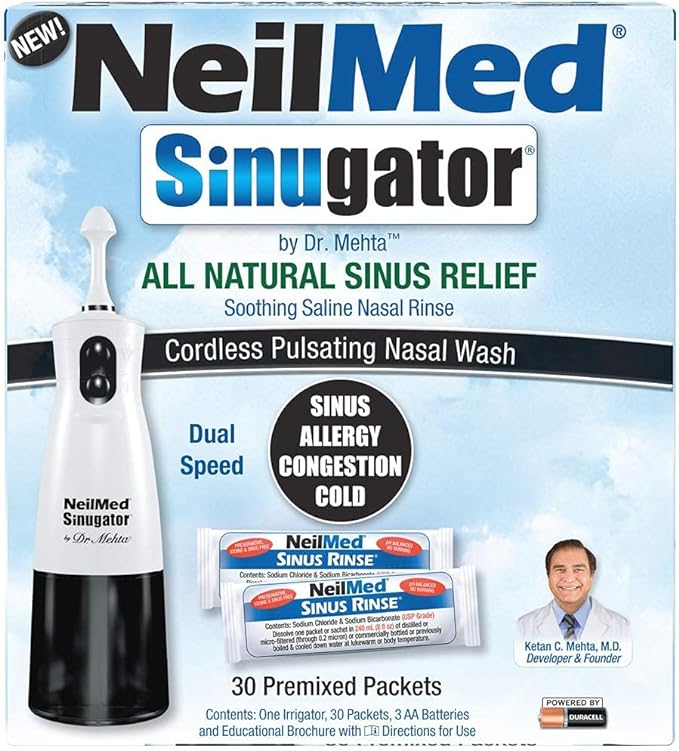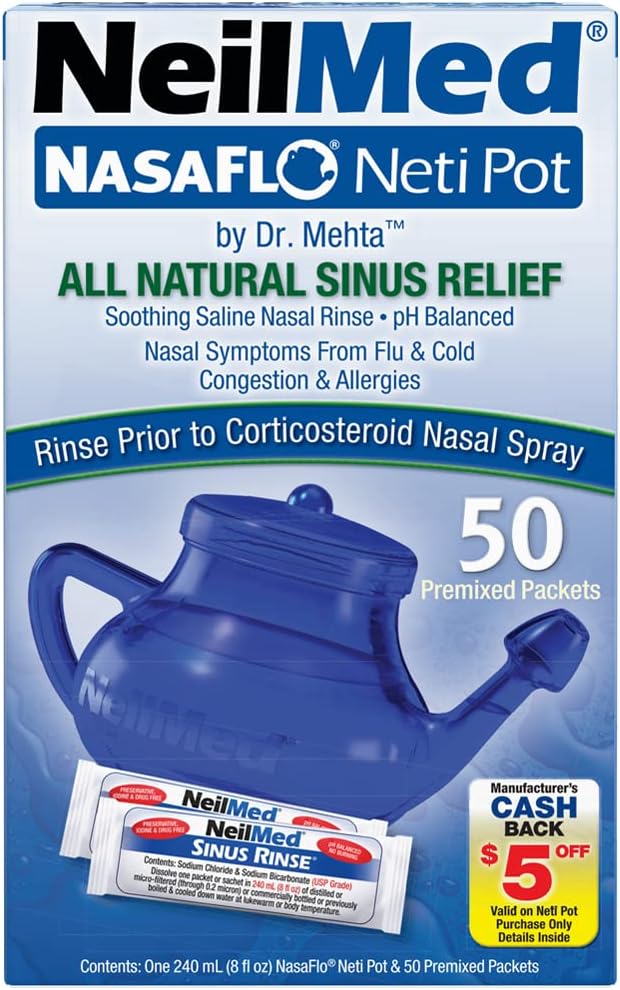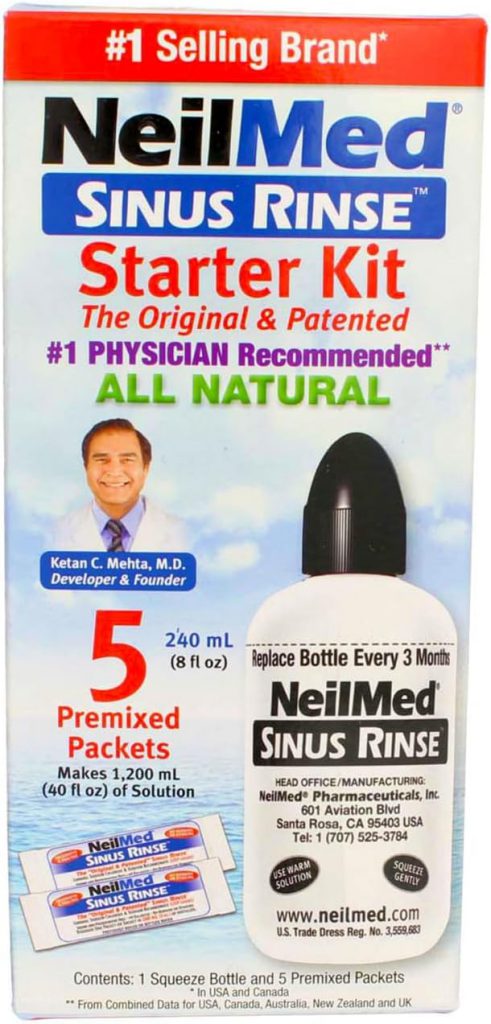Every singer, whether seasoned or just starting out, will likely encounter sinus-related issues at some point. These issues can strike at the most inconvenient times, sometimes just before a big performance. Understanding how these problems affect your singing and how to manage them can make a significant difference in your vocal health and performance.
In a previous post, I’ve talked about vocal nasties that affect the vocal cords more directly. In this post I’ll talk about nasties that can affect your sinuses, which can also affect your voice.
How blocked airways affect singing
Blocked airways are a major challenge for singers. When your nasal passages are blocked, it becomes difficult to breathe deeply and use your diaphragm effectively. This disrupts the foundation of good vocal support and efficiency. A blocked nose, a congested chest, or obstructed sinuses all contribute to increased air pressure behind the vocal cords, making it harder to achieve proper cord closure and produce clear sounds.
The impact of excessive mucus on vocal cords
Sinus infections and severe allergy reactions can lead to excessive mucus production. This mucus often drips down the nasal passages and onto the vocal cords, causing inflammation and swelling. When vocal cords swell, they lose their natural thickness and mass, which makes it challenging to reach higher notes and perform at your best.
Pain and pressure from sinus congestion
Severe sinus congestion can create intense discomfort when singing, especially at higher volumes or through your full vocal range. The mucus in your sinuses can increase air pressure in your nasal passages and ears, similar to the pressure experienced by divers. This can lead to painful singing experiences and reduced vocal performance.
When to seek medical help
If you experience significant discomfort or vocal issues due to sinus problems, it’s crucial to address the underlying issues immediately. Here’s a guide to common sinus problems, their symptoms, and how to manage them.
Common sinus problems
Blocked nose
- Summary: A blocked nose, often due to congestion or swelling of the nasal tissues, can force you to breathe through your mouth. This dries out your vocal cords and can lead to a harsh, strained sound.
- Resolution: Use saline nasal sprays or a neti pot to clear congestion. Humidify your environment to keep nasal passages moist. If the problem persists, consult a healthcare provider for treatments like decongestants or corticosteroids.
Please note that dehumidifiers need to be used responsibly. If set too high, you will remove the rehydrating moisture from the air and risk drying out your voice.
Head cold
- Summary: Head colds can cause a runny nose, sore throat, and general congestion, affecting your voice by causing hoarseness and vocal fatigue. This inflammation can lead to a temporary loss of vocal range.
- Resolution: Rest your voice and stay hydrated. Warm teas with honey can soothe your throat. Over-the-counter medications like decongestants and cough suppressants can alleviate symptoms. If symptoms last beyond a week, seek medical advice.
Allergies
- Summary: Allergies can cause nasal congestion, post-nasal drip, and throat irritation, impacting vocal quality. Allergens like pollen and dust can make it difficult to maintain a clear voice.
- Resolution: Identify and avoid allergens. Use antihistamines and nasal steroid sprays to reduce symptoms. Consider vocal steaming to help remove allergens from your sinus passages. Keeping your living space clean and using air purifiers may also help.
Sinusitis
- Summary: Sinusitis involves inflammation of the sinus cavities, leading to thick nasal discharge, facial pain, and a diminished sense of smell. It can cause persistent voice issues, including a nasal or muffled sound.
- Resolution: Treatment often involves nasal saline irrigation, steam inhalation, and possibly antibiotics. Chronic sinusitis may require more intensive treatments or surgical options. Consulting an ENT specialist is advisable.
To learn more about steam inhalation (“vocal steaming”), check out my previous blog post that discusses this topic in detail.
Nasal polyps
- Summary: Nasal polyps are non-cancerous growths that block nasal passages and sinuses, leading to chronic congestion and infections. They can alter your voice, causing nasal resonance and vocal projection difficulties.
- Resolution: Nasal corticosteroids can reduce the size of polyps. Severe cases may require surgical removal. Ongoing management by an ENT specialist is crucial for long-term relief.
Deviated septum
- Summary: A deviated septum occurs when the nasal septum is displaced, leading to one nasal passage being smaller than the other. This can cause chronic congestion and affect vocal performance.
- Resolution: Treatments may include nasal sprays and decongestants. In severe cases, surgical correction (septoplasty) might be recommended to improve airflow.
Chronic rhinosinusitis
- Summary: Chronic rhinosinusitis involves long-term inflammation of the sinuses, leading to persistent congestion, facial pain, and a reduced sense of smell. This can significantly impact vocal performance, causing a consistently muffled voice.
- Resolution: Long-term treatment usually includes nasal corticosteroids, saline irrigation, and possibly surgery. Consulting with an ENT specialist is crucial for managing chronic cases.
Excessive phlegm
- Summary: Excessive phlegm can lead to throat clearing, coughing, and vocal strain. It creates a feeling of obstruction and reduces voice clarity.
- Resolution: Stay hydrated to thin mucus and use a humidifier to keep your airways moist. Over-the-counter expectorants like Mucinex can help. If phlegm persists, consult a healthcare provider for targeted treatments. A natural alternative that I use personally is Mullien leaf extract (if you have excessive phlegm, this will help you to cough it out).
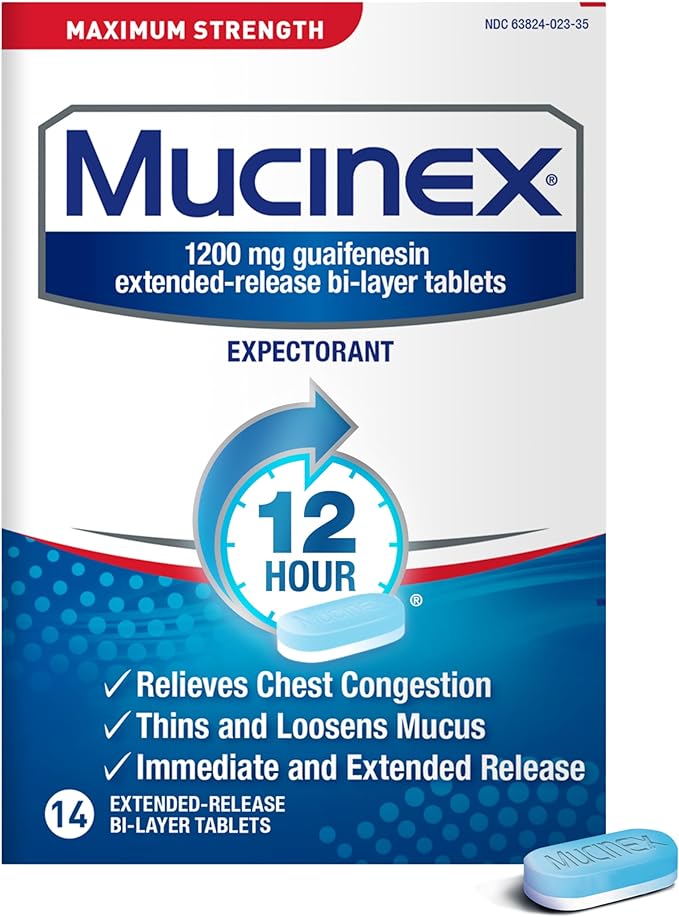
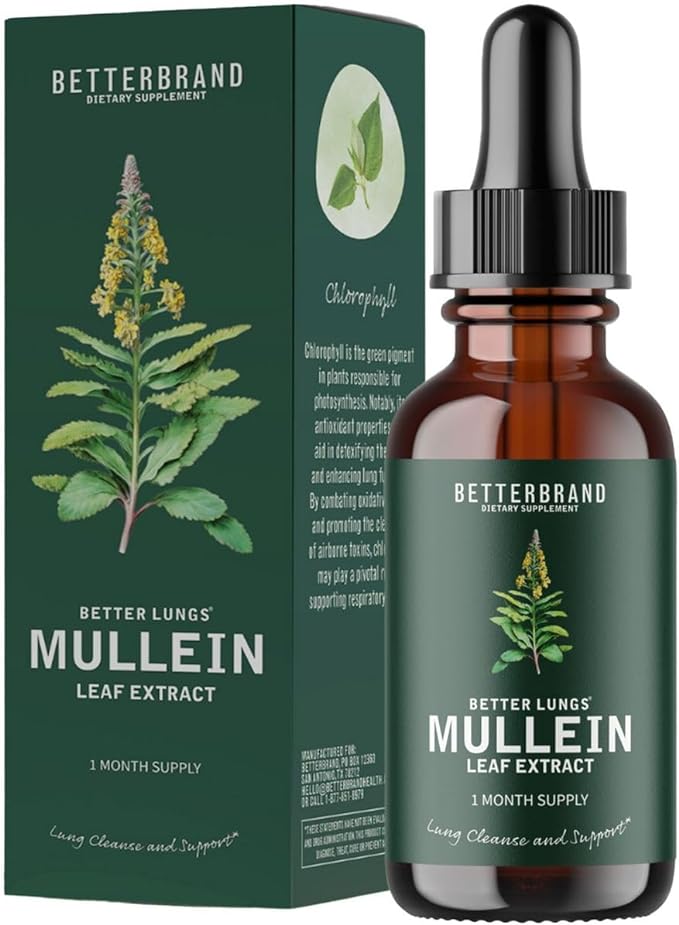
Excessive mucus
- Summary: Thick, discoloured mucus in the throat and nasal passages can affect vocal quality and comfort. It can result from infections, allergies, or irritants.
- Resolution: Regular sinus rinses can clear mucus and maintain sinus health. Saline rinses help reduce inflammation and improve sinus function, enhancing vocal performance.
The benefits of regular sinus rinses
Regular sinus rinses can offer multiple benefits for maintaining sinus health and improving vocal performance. Using saline solutions like the NeilMed “Sinugator” (a tool that assists with nasal rinsing) helps to:
- Reduce nasal congestion and improve airflow.
- Decrease the frequency and severity of sinus infections.
- Alleviate symptoms of sinusitis and chronic rhinosinusitis.
- Enhance vocal clarity and reduce strain caused by mucus buildup.
Incorporating sinus rinses into your routine can lead to noticeable improvements in your singing performance and overall vocal health.
I personally use NeilMed products when rinsing my own sinuses. My top pick for tools that help with this process is the NeilMed Sinugator, which includes a bunch of saline sachets to get you started. Cheaper alternatives from the same brand are either the NeilMed NasaFlo Unbreakable Neti Pot, which also comes with plenty of saline rinse sachets in the box, or the standard bottle solution.
When you need to purchase additional sachets, my advice is to avoid anything that has any additional additives (like eucalyptus) and look for products that contain only a plain saline solution (like this one).
By understanding these common sinus issues and their management, you can take proactive steps to maintain your vocal health. Whether you’re dealing with a cold or a more serious sinus condition, addressing these problems promptly will help keep your voice clear and strong.
If you consistently experience any of the problems that I’ve discussed in this post, you may benefit from some one-on-one expert coaching. Send me a message and we can talk about options that suit you best. Better information leads to better singing!
Disclaimer: If you make a purchase from one of the above Amazon Associate links, a tiny commission goes to supporting the site. In keeping with my “No BS” policy, I only ever recommend products that I personally use or know are beneficial to my readers.


